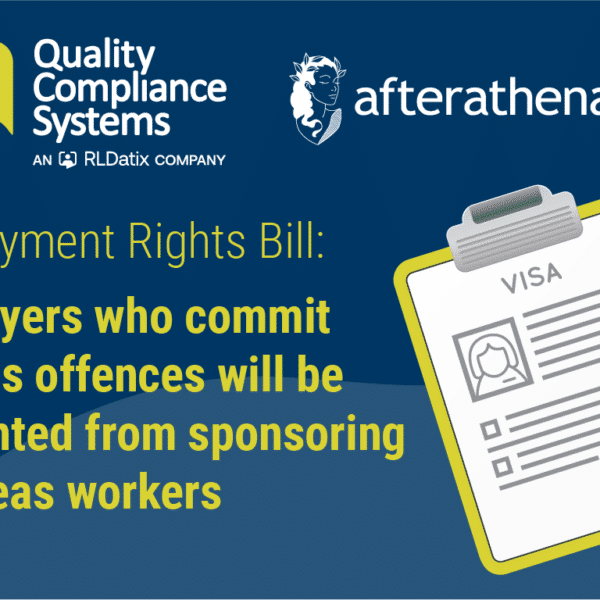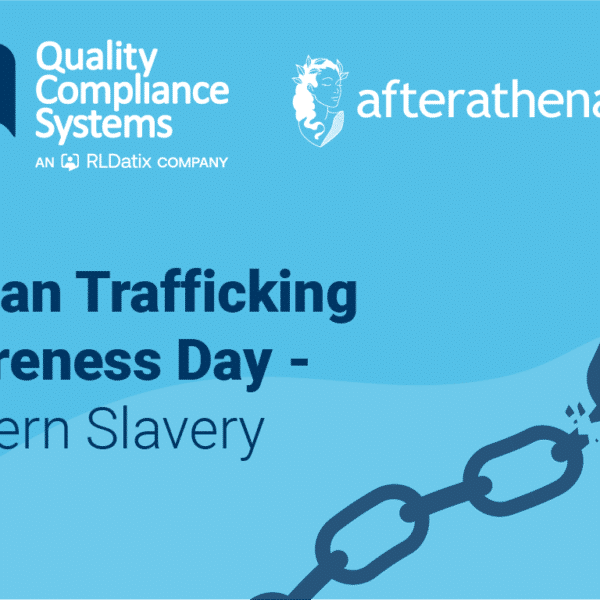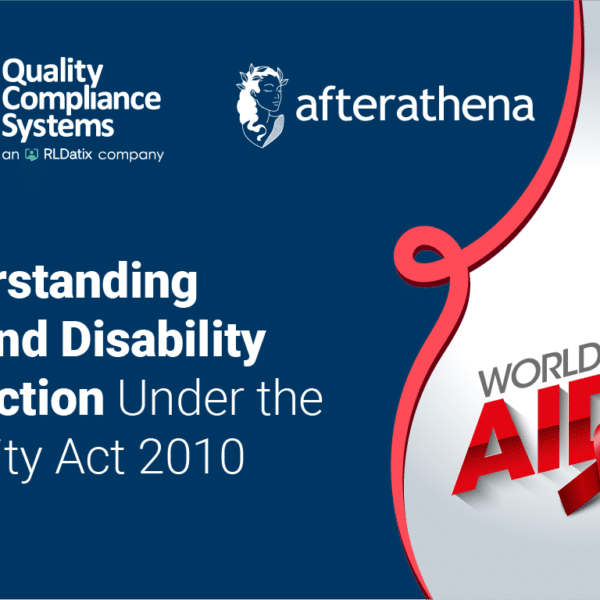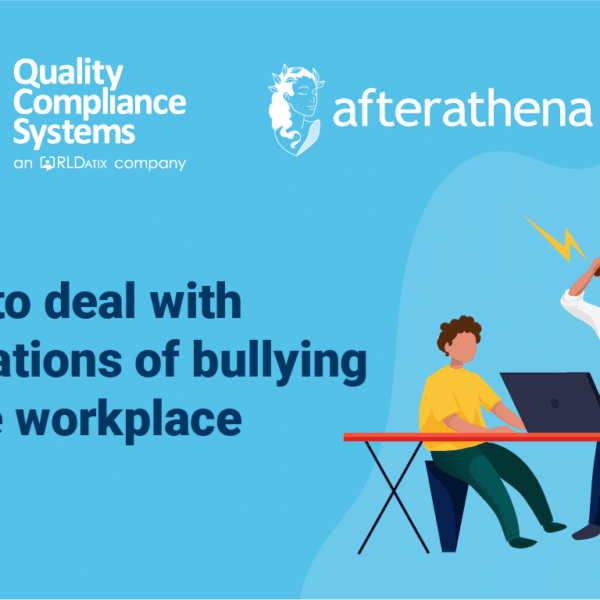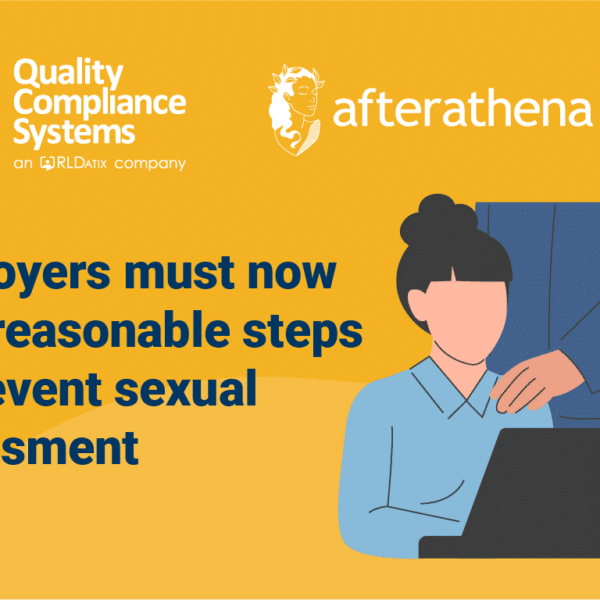The Home Office and the Department of Health and Social Care have recently announced that employers who regularly commit serious violations will be prohibited from hiring overseas workers. This move is part of a government crackdown to tackle visa abuse and to help prevent exploitation of overseas workers. It is expected that these measures will be introduced as a further amendment to the Employment Rights Bill, which is currently making its way through Parliament.
Key Changes
- Two-year Ban – Businesses who repeatedly breach visa rules or commit serious employment offences, i.e. failing to pay the national minimum wage, will be prevented from hiring overseas workers for a minimum of two years. Currently, employers found in breach of visa rules can only face sanctions for up to twelve months. The government has made it clear that it will take action at the first signs of noncompliance, rather than waiting for employers to commit serious breaches.
- Action Plan – Action plans ensure that businesses with minor visa breaches comply with a clear set of steps to help them address, improve and rectify any issues. These are being enhanced by extending the maximum duration they can be applied from three to twelve months, which is intended to improve lasting compliance with visa rules. Failure to comply or make the required improvements will result in the revocation of the sponsor licence. Additionally, where a sponsor has had their licence revoked, it is anticipated that they will have to wait for 2 years before they can reapply (the specific time frame will be confirmed in due course).
- Crackdown on Charging Skilled Workers the Immigration Skills Charge – Whilst sponsors are already banned from passing on the cost of the immigration skills charge (£1,000) to the skilled worker, the government is going to crack down on the practice adopted by some sponsors of passing on other costs of sponsorship to vulnerable workers. In some instances, sponsors pass on the costs of sponsorship at highly inflated levels. Particularly in the care sector, this practice has contributed to the exploitation and mistreatment of workers.
The government will also continue to tackle the issue of employers who abuse the immigration system by exploiting vulnerable migrants working illegally in the UK. Sanctions will be imposed on those employing illegal workers including business closure orders, financial penalty notices and the possibility of prosecution.
The Employment Rights Bill introduces the creation of the Fair Work Agency (FWA) which will consolidate existing state enforcement functions and will, over time, take on the enforcement of a broader range of employment rights (i.e. national minimum wage and statutory sick pay). They will also have strong powers to investigate and take action against businesses that disregard the law.
Summary
These measures are part of a larger effort to tackle the UK’s long term dependence on international workers. Therefore, employers acting as sponsors must ensure they have sound processes and systems in place to meet government requirements and fulfil their sponsor obligations. Non-compliance can lead to reputational damage and potential financial consequences, so it is critical for employers to be fully informed and adhere to the law.


